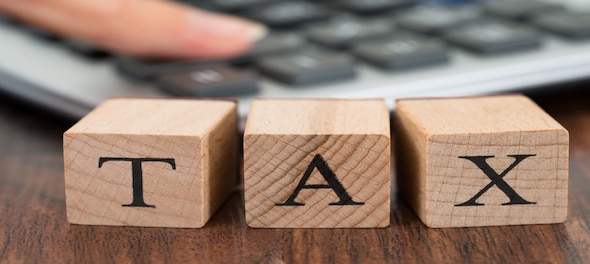
Finance Minister Nirmala Sitharaman introduced the Taxation Laws (Amendment) Bill in the Lok Sabha on Thursday to do away with the contentious retrospective tax law that allowed the government to charge businesses for transactions done in the past.
Since the 2012 legislation, around Rs 1.10 lakh crore has been sought as retrospective tax from 17 entities.
The new legislation is expected to benefit companies like Cairn Energy and Vodafone that are battling arbitration cases due to the law.
What is retrospective tax?
It is an additional charge on the transactions done in the past. It is usually charged in cases where the present-day policies differ vastly from the past and it is felt that the tax paid under the old policy was less.
When was the retrospective tax introduced?
It was introduced by the UPA government in 2012 to impose a tax on capital gains made by companies retrospectively.
Under the law, a company that has followed all rules in the past can still be penalised. This disrupts prudent financial management and deters foreign businesses from investing in India.
When was it used?
The UPA government used the retrospective tax law against Vodafone in 2012 for buying Hutchison Telecommunication's stake in Hutchison Essar. Two years later, the tax was once again used against Cairn energy for an internal corporate restructuring carried out in 2006.
What does the new amendment propose?
As per the Taxation Laws (Amendment) Bill, 2021, the tax raised for the indirect transfer of Indian assets before May 2012 would be "nullified on fulfillment of specified conditions".
The government proposes to refund Rs 8,100 crore paid as retrospective tax, of which Rs 7,900 crore will be paid back to Cairn Energy.
Last month, Cairn Energy secured an order from a French court to freeze India’s assets in Paris. The court overturned the retrospective tax demand raised by India and ordered a refund of the shares sold, dividend confiscated and tax refunds withheld.
The new legislation, say experts, has been brought in time to prevent the company from confiscating India’s overseas assets.
Centre's message
The message of the new legislation is loud and clear — India is ready for course correction if needed. By scrapping this law, the Centre expects greater foreign investment in the country.
(Edited by : Anshul)
First Published: Aug 6, 2021 11:28 AM IST
Check out our in-depth Market Coverage, Business News & get real-time Stock Market Updates on CNBC-TV18. Also, Watch our channels CNBC-TV18, CNBC Awaaz and CNBC Bajar Live on-the-go!


Punjab Lok Sabha elections: Complete list of Congress candidates
May 18, 2024 4:08 PM
Punjab Lok Sabha elections: Check full list of AAP candidates and constituencies
May 18, 2024 12:59 PM
PM Modi, Rahul Gandhi election rallies in Delhi today: Here are the routes to avoid
May 18, 2024 11:28 AM

